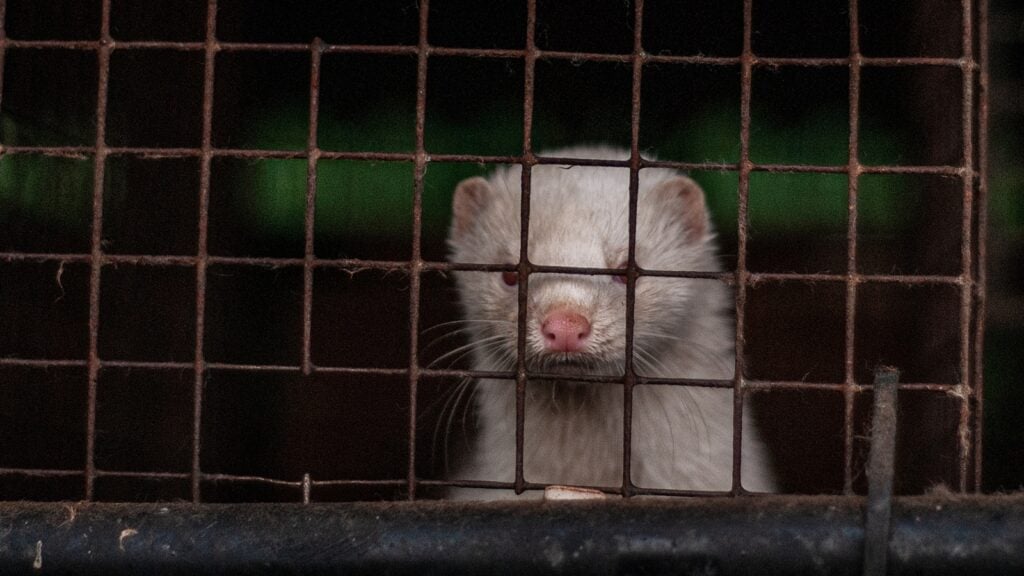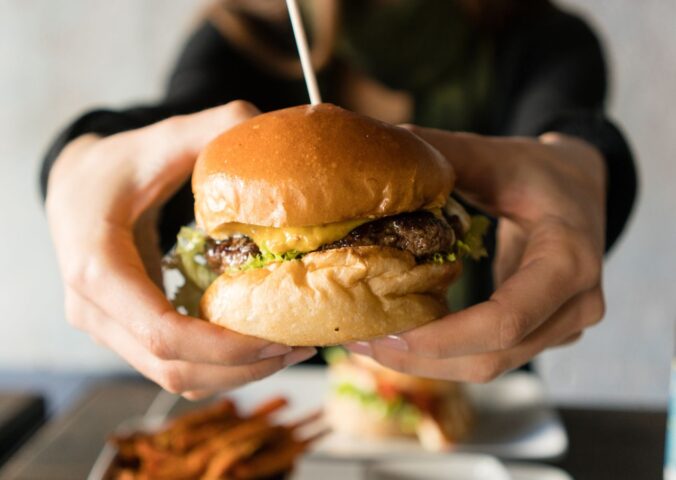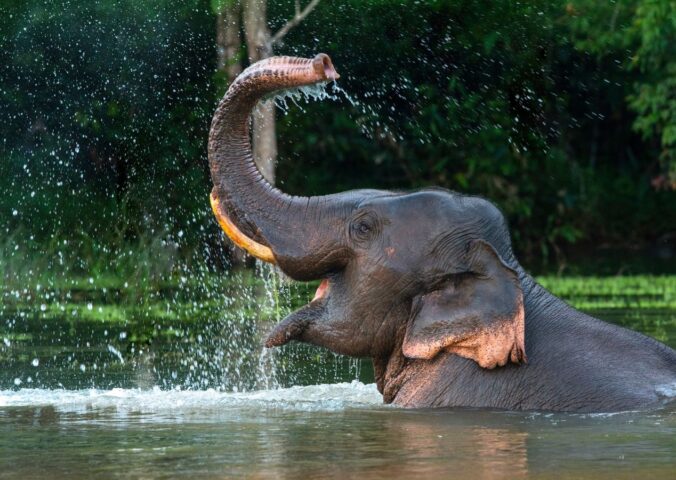A new petition by Eurogroup for Animals has secured more than 306,000 signatures to end the European fur trade.
When its target of one million signatures is met, the European Citizens Initiative (ECI), entitled Fur Free Europe, will be presented to the European Commission.
Campaigners hope that the Commission will take appropriate action to close and ban all existing fur farms. In addition, it is hoped that a trade ban on farmed products within the European market will also be implemented.
If EU legislation to stop fur farming is created, it will force the hands of member states that are still participating in the trade.
The plight of animals in the fur trade
Around 100 million animals are slaughtered for their pelts each year. Of these, more than 95 percent are farmed, which means animals including raccoons, mink, foxes, and dogs are forcibly bred and kept captive in battery conditions.
As a result of their unnatural habitats, animals frequently self-mutilate to try and escape and are denied veterinary treatment when they present with serious wounds.
Animals raised on fur farms are not protected by any welfare legislation. As a result, they are often subjected to painful deaths designed to keep their pelts intact to maximize profit. Slaughter methods include gassing, electrocution, and poisoning. Some are even still skinned alive.
EU countries implementing their own fur bans
Despite a lack of Europe-wide anti-fur policies, some individual nations are making their own progress. Many are motivated by the risk of zoonotic disease transmission.
Veterinary professionals are clear that fur-farmed animals are not only at risk of disease, due to the often unsanitary conditions they are kept in, but also susceptible to cross-species transmission.
SARS-CoV-2 is the virus that causes COVID-19 in humans and was found on various global fur farms during the height of the pandemic. As a result, the locations were deemed a serious threat to public health, leading to a swathe of animal culls and fur bans.
Malta is the latest country to put a ban on fur farming in place, despite not having a flourishing sector in operation. The Ministry of Agriculture banned fur production, with immediate effect, in August. The move is a precautionary measure, to stop businesses from other countries from moving their operations into the region.
This move may prove critical as more European nations seek to end their fur trades, as farms will be forced to either shut entirely or relocate.
So far, Austria, Belgium, Estonia, France, Ireland, and Norway have all banned or started the process of banning fur farming, amongst others.
In Italy, farmers have been offered money by the government to convert their farms to other uses, thus preventing them from simply moving their operations to other countries. The Italian Ministry of Agriculture set aside €3 million to help the final 10 mink farms transition away from the industry.
Fur falling out of fashion
Global polls demonstrate that, overall, citizens are opposed to fur farming. Europe, in particular, shows high levels of dissatisfaction with the practice. Belgium registered 86 percent of its population as wanting to see a ban on breeding animals for fur. Meanwhile, Italy topped the polls with 91 percent opposed to the production of fur as a whole.
As a result of public opinion, fashion brands have observed a decline in fur demand. This has led to a number of high-profile names and events choosing to remove it from their rosters entirely.
Italian designer skiwear brand Moncler announced its intention to be fur-free by 2025 at the start of the year. It was swiftly followed by Dolce & Gabbana, which also pledged to scrap angora from its collections. Luxury fashion group Kering, which owns Gucci, Balenciaga, and more, has also made similar promises.
Most recently, Copenhagen Fashion Week announced that fur would no longer be welcome on its catwalks. The move followed a PETA demonstration at its 2021 event.
To add your signature to Eurogroup For Animals’ petition, click here.






